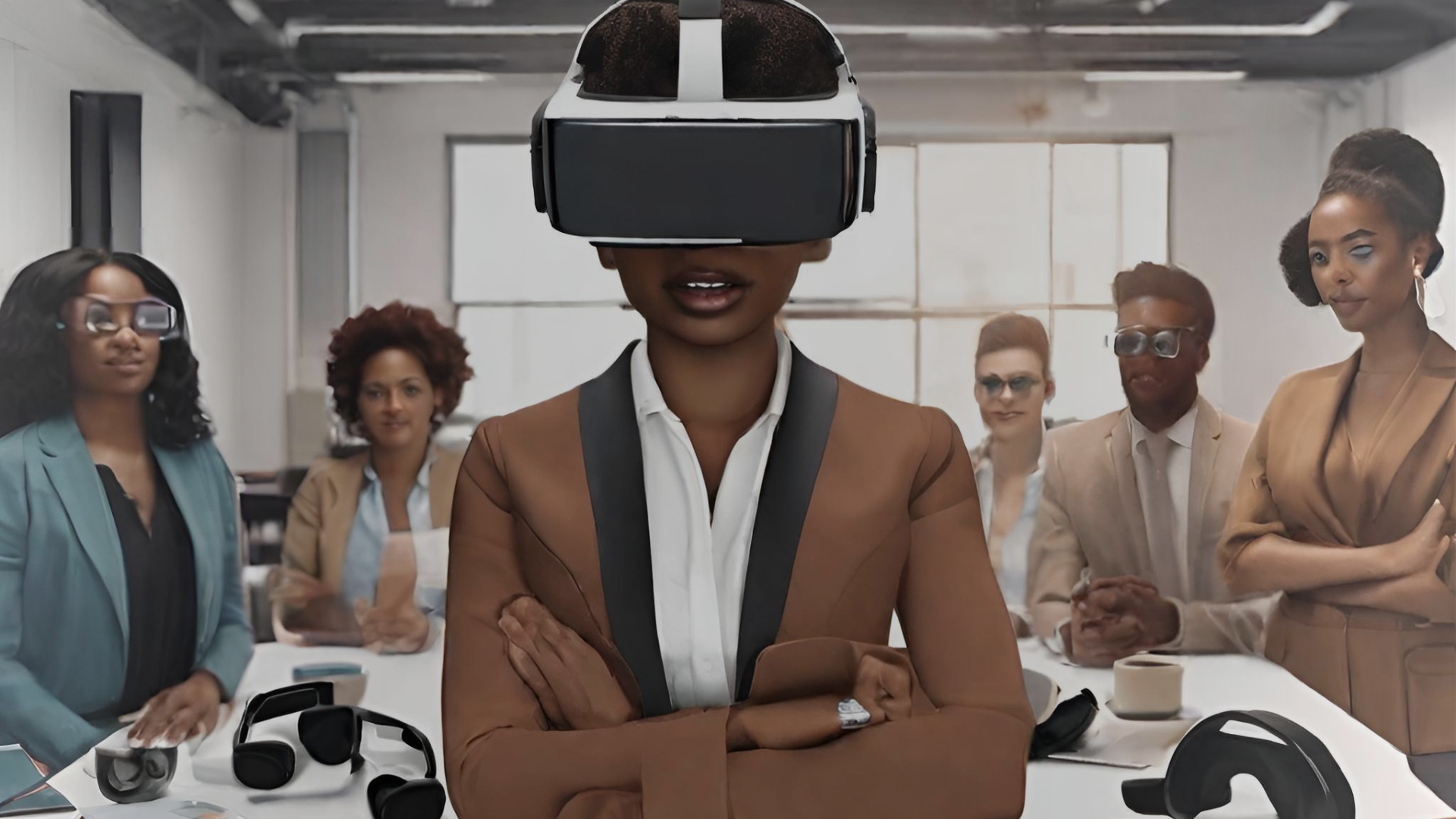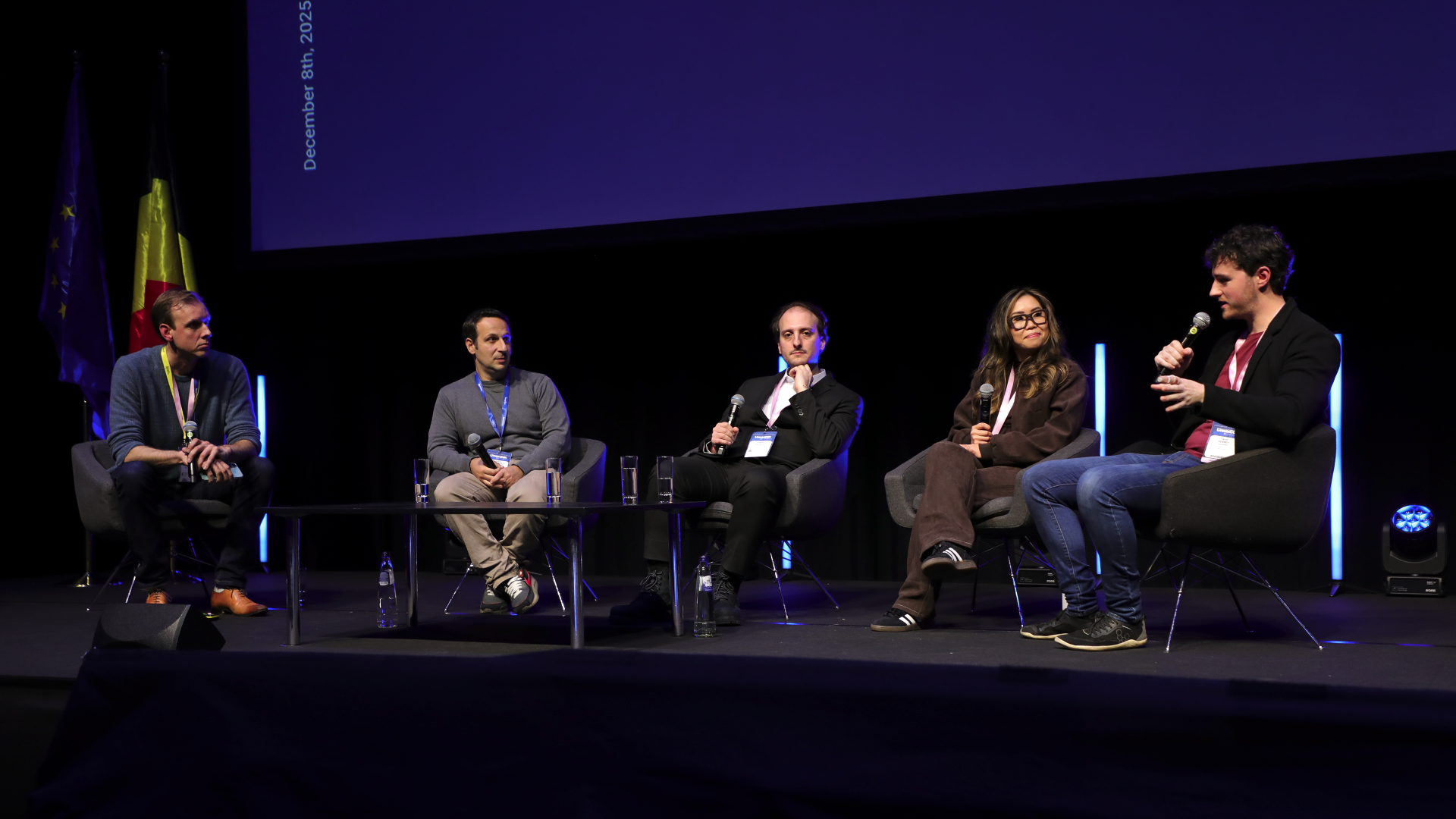Even traditional industries can see meaningful return on investment (ROI) with digital change when enterprises apply new technologies to the right problems at the right time. While business leaders know their pain points and business process inefficiencies intimately, it’s often much harder to identify a business’s readiness to commit to an innovative solution like artificial intelligence (AI), augmented reality (AR), virtual reality (VR), or spatial computing.
While every vertical has its own use cases and drivers for industrial innovation, there are themes they all share on this journey. In this post we’ll review a short list of industries that are already seeing remarkable ROI from AR and VR (together we call this XR) innovation and the five signs that your Enterprise should consider adding XR to your digital transformation strategy.
Skip to the end for a special opportunity for Enterprise VIP stakeholders to learn more about industrial XR in an exclusive white glove experience at AWE EU, Oct 29-30 in Vienna, Austria.
Which industries have demonstrated enterprise ROI with XR technologies like AR, VR, and Spatial computing?
Note: A shorter answer would be to list which industries have NOT demonstrated ROI. XR's use has grown rapidly across almost every industry vertical, but some of the best examples can be found below:
-
High-tech manufacturing businesses in Aerospace, Automotive, and Aviation sectors have seen substantial benefits from introducing XR for many use cases: VR for design collaboration, AR for just in time and context instruction delivery, inspection and remote assistance, and AI/ML guided work.
-
Any industry relying on or developing the built environment such as Architecture, Construction and Engineering, Facility Management, Warehousing and Supply chain
-
Government agencies that have responsibilities to their citizens and stakeholders can increase impacts and transparency using XR for engagement, training or other use cases.
-
Transportation industries, including all companies that move people and goods on the ground, in the air and on tracks or the ocean, are highly sensitive to delays and benefit strongly from optimizations and visualizations in context such as with AR.
-
Infrastructure and resource industries like Utilities, Power and Energy, Oil, and Mining have reduced risks with virtual training and leveraged digital twins and 3D visualization to optimize workflows.
-
Healthcare and Medical Simulation use cases for XR are so numerous they deserve their own post.
-
Retail and Consumer Brands have embraced the many new ways AR, AI, and VR tools allow them to connect with customers and build relationships both in-stores and at home.
-
Fashion and Luxury Labels are known for their elite experiences and die-hard fans, so it should be no surprise AR filters and digital collectibles have been big winners for these experiential experts.
Read more about the XR use cases that satisfy enterprise business requirements in this companion blog by Dace Campbell.
Signs you're ready for innovation.
You’re in a complex (traditional) industry with a large footprint.
Size and scale matter to you because you’re big—world-wide even. When businesses serve international customers across multiple cultures and manage a global workforce in multiple languages, the complexities of doing business compels teams to automate or, where necessary, to enrich manual processes and remove information bottlenecks.
XR and AI are great for moving teams from silos to collaboration.You manage a distributed workforce of thousands.
The importance of workforce reliability and resilience is hard to overstate in today’s market. To keep up, companies must efficiently manage, train, and empower an agile workforce that can respond in lock-step to whatever challenges it may face.
From gaps in highly trained skilled workers, to industries with institutional knowledge siloed in its senior employees, XR powered digital transformation helps build the workforce agility that allows a facility to “reprogram” its resources very quickly and at low cost.
You spend a lot of time managing risks.
Because virtual solutions allow employees to learn and build skills in a no-risk simulation, XR training has advantages for anyone who manages a high-risk, or no-fail operation. Adding AI guidance into heads-up displays like AR glasses can further reduce errors and alert workers to dangers before accidents happen.
Where there is risk, companies are often subjected to government or industry regulations. Where there are regulations, XR tools can further optimize workflows by allowing for remote inspection, seamless documentation, and even camera vision guided QA.
Your industry is plagued by over-sized operational and capital expenses.
While many knowledge businesses have moved into digital-first models, large swaths of the global economy are still anchored in the real world and the costs of managing physical infrastructure can be staggering.
Organizations that manage global fleets of trucks, trains and planes or large investments fixed in real estate such as warehouses, manufacturing plants, and distribution centers can often stand to win the most from XR transformation, yet their teams may need need to feel the value of the new tools before they buy-in to a new model of working.
You’ve started down the path of digital transformation or change management.
For our purposes today, this means companies have or are in the process of digitizing their workflow and reviewing every step along the way from designs to production to supply chain for opportunities to improve. The primary drivers of digital transformation are to reduce errors, waste and risk and to increase efficiencies and compliance.
Enterprise digital transformation requires an impressive amount of internal strategy, alignment, and leadership, but when it’s well supported institutionally, the payoff is worth the journey. You don’t need to be an expert in change management to be ready for XR, but having familiarity with the innovation life-cycle and an iterative product process can go a long way when you want to branch out into new tools like AR and VR.
An exclusive invitation for Enterprise leaders.
Leaders we’ve talked to across the enterprise ecosystem have expressed interest in XR, but they can lack inspiration about how AR and VR can support their specific pain points. They’ve seen awesome videos on LinkedIn but need help connecting those scenes to their business process.
When you’re exploring new workflows and technologies there are two things that can accelerate your strategy more than anything else: some personal hands-on experience with the actual tools and an experienced guide to help steer your inspiration toward ROI.
Introducing Enterprise VIP AWE - a program for Enterprise VIP stakeholders that gives them a special curated experience focused on enterprise concerns; access to industry experts and strategists, networking with peers, and exclusive access to try XR technologies in the Expo Hall at AWE EU, Oct 29-30 in Vienna, Austria.
Our team is eager to welcome you to the event ‘where XR business thrives!’


